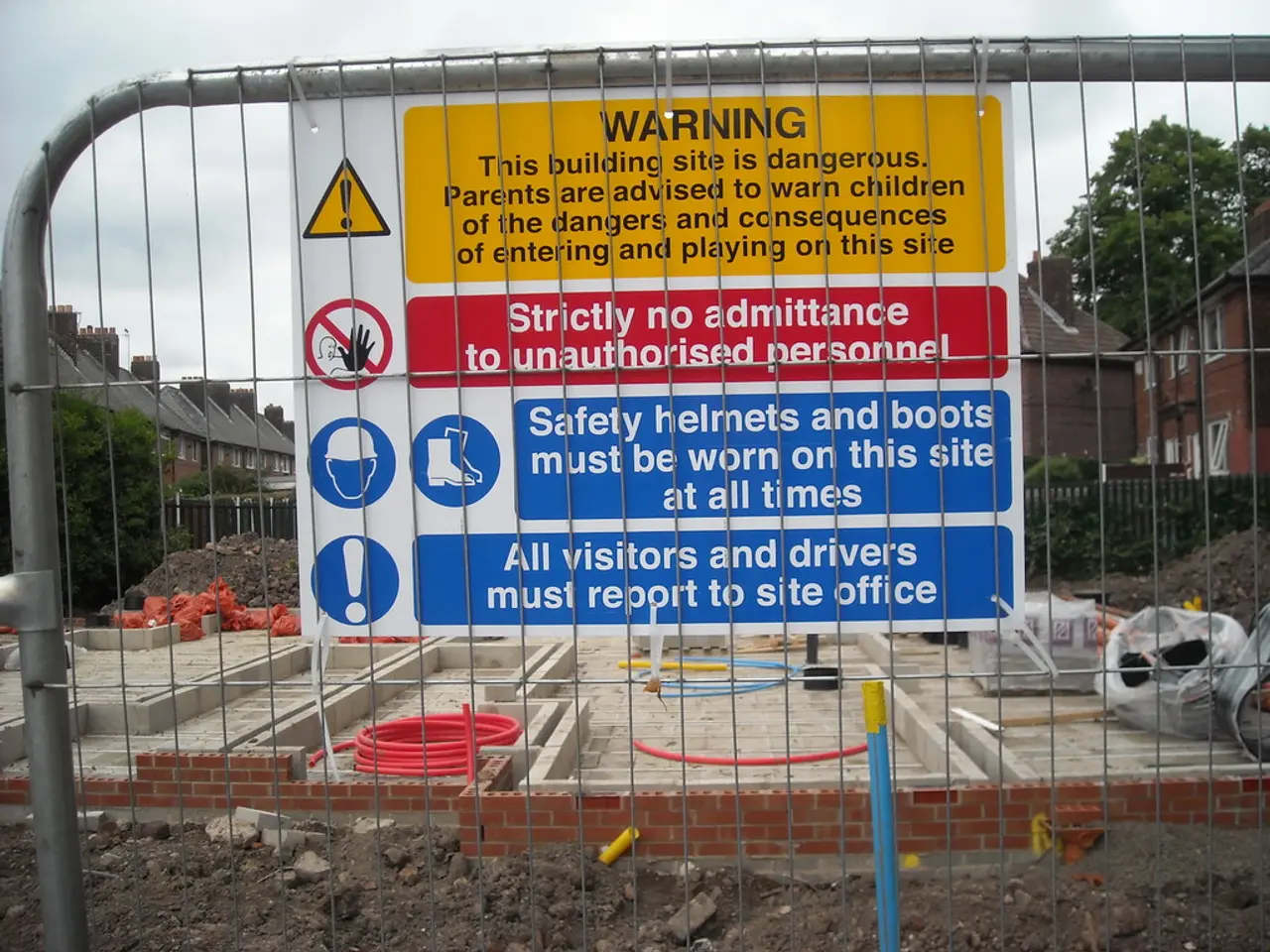Exploring the pitfalls of commonhold continued (Part 2)
Commonhold: Striking a Balance for Financial Resilience
Commonhold, a property ownership system designed to give flat owners more control, is gaining traction in the UK. However, to avoid potential pitfalls and ensure financial resilience, strong foundations are necessary.
Markets value security, not just clarity, and a flat is only worth owning if it is a reliable store of value. Unfortunately, the potential default risks associated with commonhold can undermine its financial resilience in several ways.
One of the main concerns is the lack of steady income streams. Commonhold removes traditional sources of predictable income for developers and investors such as ground rents and lease extension premiums, creating financial uncertainty and the risk of insufficient funds for maintenance and repairs.
Another issue lies in the dependence on owners' collective management. Unit owners collectively manage the building and common parts through Commonhold Associations, which can lead to challenges in decision-making, collection of service charges, and funding of major works or repairs if owners fail to pay or agree on costs.
Inadequate reserve funds and forward planning also pose a significant challenge. Without mandatory reserve funds or long-term maintenance plans, commonholds may face difficulties managing large one-off bills (like roof repairs or lift replacements). Poor forward planning may result in unexpected financial burdens falling unpredictably on owners, potentially causing defaults or insolvency in the commonhold structure.
The complexity in mixed-use developments further complicates matters. The existing commonhold legal framework is less flexible for mixed-use schemes with diverse ownership interests, which may complicate budgeting and cost-sharing, increasing financial risks.
As developers lose control over management and revenue streams once units are sold, their incentives to maintain financial stability of the commonhold may weaken, potentially undermining ongoing financial resilience.
Accountability blurs in commonhold, as everyone is liable but enforcement may not be effective. Without strong enforcement mechanisms, the risk of defaults increases, and the cost is pushed onto the remaining owners. This can put pressure on those who do pay, creating a fragile foundation for the commonhold structure.
Tension may build between good governance and cost layering in commonhold, where small charges accumulate and inflate service charges over time. This could potentially increase ownership costs, contradicting the original intention of commonhold to reduce flat values.
To address these challenges, commonhold reform aims to strengthen the system, making it financially resilient, operationally robust, and professionally supported. This includes establishing enforceable rules on budgeting and reserve funds, legal mechanisms for arrears recovery, and proper regulation of managing agents.
In larger commonhold estates, professional managers are likely to have control due to complex structures and big budgets. This shift towards professional management could help improve the financial resilience of commonhold by ensuring effective collective management and strict financial planning.
However, it's important to note that much of the enforcement burden in Commonhold will shift to managing agents. Incentives matter in this regard, and it's crucial that agents view their role as community managers, not just income recovery agents, akin to parking enforcement.
In conclusion, while commonhold aims to improve transparency and control for owners, its financial resilience depends heavily on well-structured governance, stringent financial planning including mandated reserve funds, and effective collective management to avoid defaults and ensure sustainable upkeep. Lenders need to feel confident in the buildings they are financing under commonhold, and commonhold owners need to feel they are part of something stable. Without strong foundations, commonhold could face the same issues as leasehold, undermining trust and value over time.
- To ensure the financial resilience of commonhold, reform efforts focus on establishing enforceable rules on budgeting and reserve funds to prevent issues like insufficient funds for maintenance and repairs.
- In order to improve the financial resilience of commonhold in larger estates, a shift towards professional management could help ensure effective collective management and strict financial planning.
- It's important for managing agents in commonhold to view their role as community managers, not just income recovery agents, to promote long-term financial stability and prevent potential defaults.




